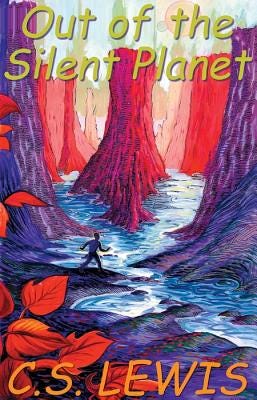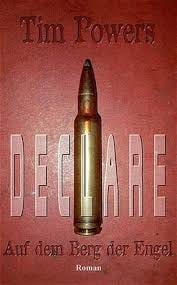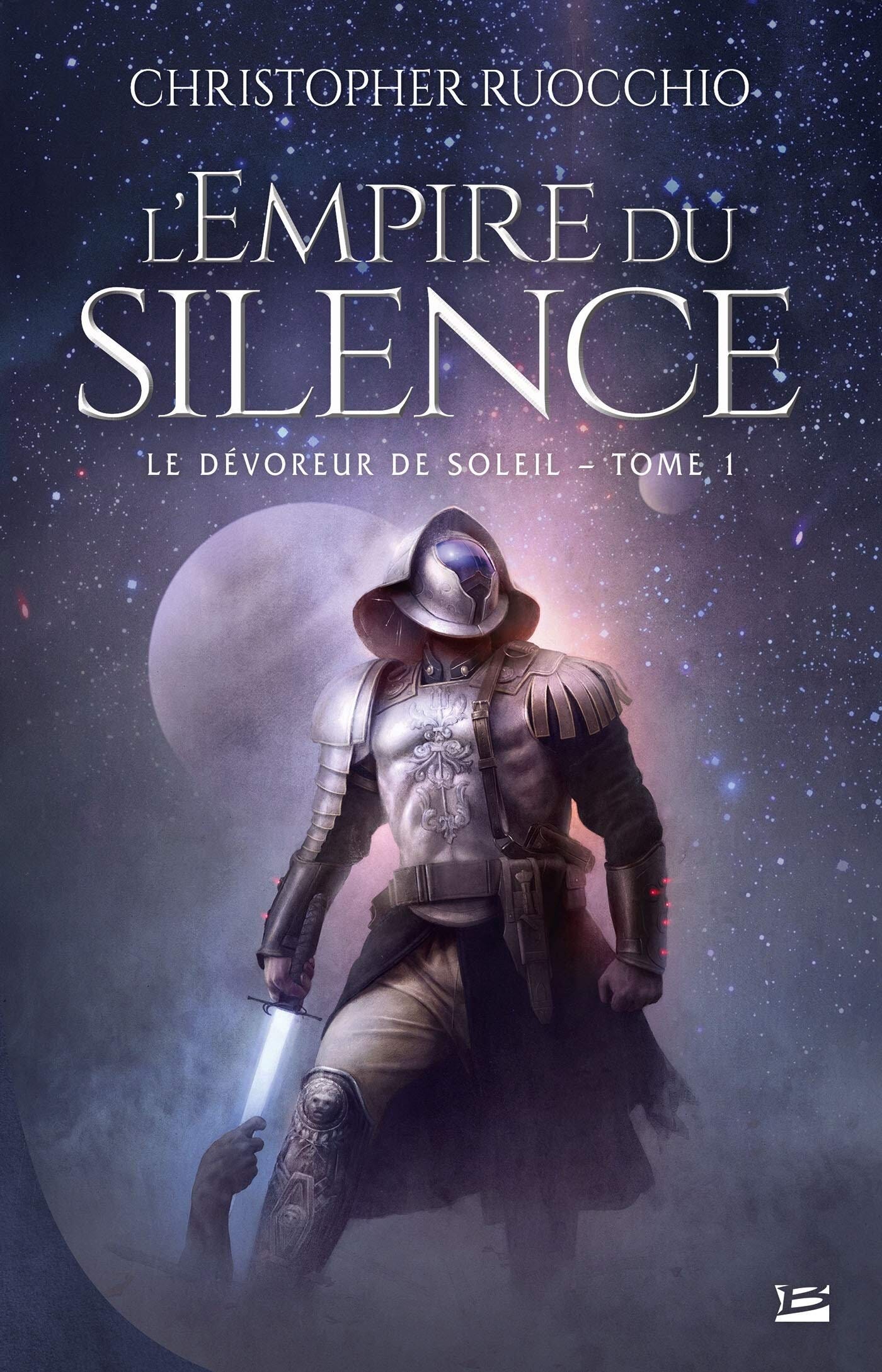It is often said that the opening sentence or paragraph of any story should serve as a “hook” to grab the reader’s attention. A perfect example of this is in Charles Dickens’ A Christmas Carol that opens with, “Marley was dead, to begin with.” It is memorable, attention grabbing, and as Rizzo the Rat says, “That’s a good beginning, it’s creepy and kind of, hoo-hoo, spooky.” The opening line sets the tone for the entire book, which is, after all, a ghost story.
In addition to being attention grabbing and setting the tone, I think a good opening paragraph should serve other purposes. A skilled author, such as C. S. Lewis, uses his opening lines to shed light on the rest of the book. The opening paragraph can act as a “microcosm” for the themes of the story and can foreshadow potential plot points.
In Out of the Silent Planet, Lewis opens with this paragraph:
“The last drops of the thundershower had hardly ceased falling when the Pedestrian stuffed his map into his pocket, settled his pack more comfortably on his tired shoulders, and stepped out from the shelter of a large chestnut-tree into the middle of the road. A violent yellow sunset was pouring through a rift in the clouds to westward, but straight ahead over the hills the sky was the colour of dark slate. Every tree and blade of grass was dripping, and the road shone like a river. The Pedestrian wasted no time on the landscape but set out at once with the determined stride of a good walker who has lately realised that he will have to walk farther than he intended.”
Notice the imagery Lewis uses in the first sentence. Lewis mentions a thundershower and a chestnut-tree as well as a Pedestrian with a capital “P.” Throughout this book, as well as Perelandra and That Hideous Strength, the Pedestrian, who we later learn is Elwin Ransom, changes from a mild-mannered, slightly timid and awkward academic into a Jovial Priest-King. The thunderstorm and chestnut tree are both references to Jupiter/Jove, the celestial body that guides the events of the trilogy and is closest to God Himself. The Pedestrian is a nod to Dante’s Divine Comedy which Lewis uses to shape the structure of this trilogy. For more information, I recommend Christiana Hale’s book, Deeper Heaven.
Introductory paragraphs can give us a taste of the climax of the story without spoiling anything. Tim Powers’ prologues often will begin the story in medias res or “into the middle of things.”
From Declare:
“The young captain’s hands were sticky with blood on the steering wheel as he cautiously backed the jeep in a tight turn off the rutted mud track onto a patch of level snow that shone in the intermittent moonlight on the edge of a the gorge, and then his left hand seemed to freeze onto the gear-shift knob after he reached down to clank the level up into first gear. He had been inching down the mountain path in reverse for an hour, peering over his shoulder at the dark trail, but the looming peak of Mount Ararat had not receded at all, still eclipsed half of the night sky above him, and more than anything else he needed to get away from it.”
Openings like these are supposed to make the reader ask questions and to get interested in the story because the events are unknown to them. Who is the “young captain?” Why is he so desperate to get away from Mount Ararat (whatever that is) and why are his hands sticky with blood? One of Powers’ strong points as a writer is that he slowly reveals details as the story progresses. Powers throws the reader in the deep end of the pool right away and expects you to swim. He’ll eventually throw you a life jacket, but it will be an odd shape and covered in mysterious runes.
Another purpose an opening paragraph can serve is to tell the reader the end of the story first. The reader does not know how the author will build up to the ending and how the characters will change and grow throughout the story. This is an older style of storytelling going back to Homer and is not one I see very often today.
One notable exception is Christopher Ruocchio’s “Sun Eater” series. This is how Ruocchio begins Empire of Silence:
“Light. The light of that murdered sun still burns me. I see it through my eyelids, blazing out of history from that bloody day, hinting at fires indescribable. It is like something holy, as if it were the light of God’s own heaven that burned the world and billions of lives with it. I carry that light always, seared into the back of my mind. I make no excuses, no denials, no apologies for what I have done. I know what I am.”
Ruocchio begins with “Light,” which alludes to the third verse of Genesis: “Then God said, "Let there be light"; and there was light.” There may be hints that the narrator sees himself as a god, when he describes the light as “the light of God’s own heaven.” The reader is also supposed to ask the same questions they asked in the previous example, Declare, who is the main character, what is he, and how did he get to this point?
Interestingly, after writing the first draft of Empire of Silence, Ruocchio returned to the Catholic church and tweaked some things in his book before the final publication. He also had some education in Greek literature, so he deliberately structured his story with the ending at the beginning to model Homer and other ancient authors. He’s a young guy, younger than me, and I had the pleasure of meeting him in person a couple of weeks ago.
He’s an author worth paying attention to.
There are many other examples of great opening paragraphs that I did not mention here. My advice is to be attentive to the beginning of stories to see if they mirror the end in a sort of ring, or chiastic, structure.
Happy reading!








This is great! I’m with you on the opening paragraph especially in out of the silent planet. In one paragraph Lewis gives us a sense of foreboding (end of thunderstorm, violent sunset, getting dark, desolate remote area) and adventure (the pedestrian puts his map away). Really sets the tone!
Following your lead, I checked out the introductory paragraphs of a number of novels of merit: Manzoni's 'The Betrothed', Dostoevsky's 'The Brothers Karamazov', Mann's 'Doctor Faustus', Porter’s 'Ship of Fools', O'Connor's 'Wise Blood', Percy's The 'Moviegoer', and Dickens' A Tale of Two Cities. A nice random sample, from which I conclude that opening paragraphs vary a whole lot: Some are first steps on the trail and some do suggest the whole tale. I think a clever person could come up with a board game with cards of opening paragraphs. Points for title and author and "best comment", such as A Tale of Two Cities is very memorable and sets a grand stage, and, on re-reading it, strikes a Biblical note.; Wise Blood announces its weirdness, but not where it’s going; Shio of Fools tells you snot is coming; etc.
And you have used first paragraphs well to give a brief exposition of the whole story.